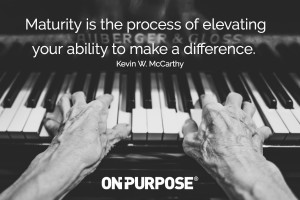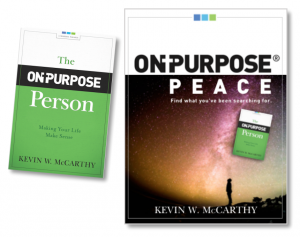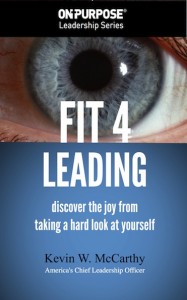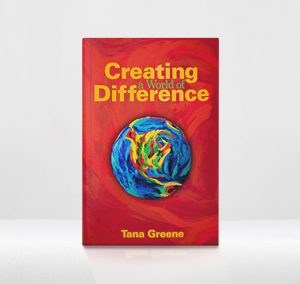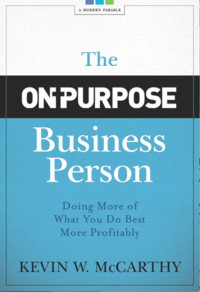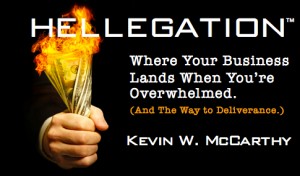Economic tough times, job loss, greater expression, or the chance to be your own boss are just some of the reasons people start a business. The barriers to entry are relatively low and the opportunities for success often appear high.
The hurdles to success, however, are hidden at the start but invariably emerge. Be aware of what lies ahead and you increase your odds of winning.
Looking for some help with either starting or running your business?
On-Purpose Partners provides business advisory services. Our clients and customers have spanned from Founders and CEOs of Fortune 500 companies to wannabe entrepreneurs.
If your business is less than $2 million in sales, you can hire me to help you with our On-Purpose Executive Coaching.
Can’t afford much?
- The On-Purpose Business Person is available in softcover or Kindle e-book.
- The Service Model is an inexpensive tool to help you plan your business, anticipate what’s coming, and understand the relationships of one level of the business to the next. Order one, just one, because you can print more from the PDF.
Here’s the bottom line for your business start-up (or ongoing venture): invest the time to articulate your purpose, vision, missions, and values.
Until you know
- who you are
- why you are here
- where you are going
- and what’s important
you’re really at a major and costly strategic disadvantage.
When it comes to your small business start-up or ongoing enterprise, give yourself every advantage by being on-purpose.
